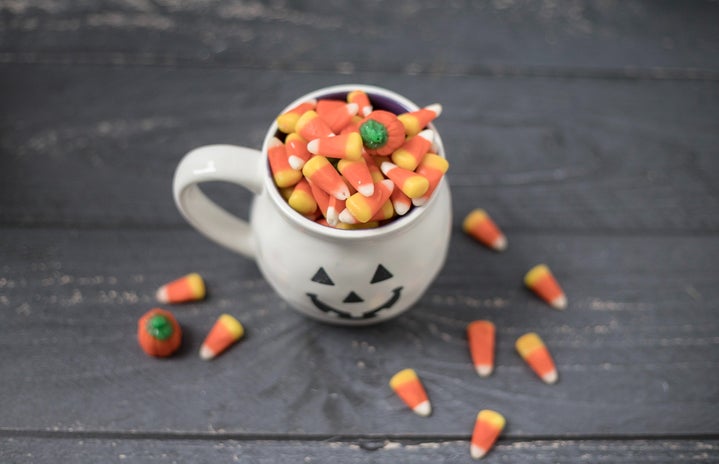Pumpkin spice and everything nice — who doesn’t love Halloween? Though it might be shocking to Halloween fanatics such as myself, I’ve met several people who actually hate Halloween. There are certainly many valid reasons to hate Halloween (I read a great Medium article last week surrounding Halloween and inclusivity, and I had a chat with a friend about the effects of giving large amounts of candy to young children). Not to mention the amount of problematic costumes with regards to both cultural appropriation and gender norms. Despite all the controversy, here’s a short bit on why Halloween is personally my favorite holiday:
I was having a conversation with a friend, and she reminded me that Halloween is so American. I didn’t know why, but I couldn’t stop thinking about the fact that it was American; something about it just seemed off to me. Later, I realized that though on the surface, Halloween seems like a very American holiday, the fundamental values actually go against most of the individualistic values that are instilled in American children.
People call Christmas the “season of giving,” but is it truly about giving and not receiving in return? No matter how much you try to hide the awkwardness of when someone doesn’t get you a gift in return, the awkwardness is always still there because the expectation is there. It’s the season of giving, and the season of receiving. I’m not trying to ruin Christmas for you, because I personally love wrapping presents and picking out cute socks for my friends, not to mention the winter clothes and Christmas carols. But this fundamental expectation of a mutual transaction is the exact reason, to me, why Halloween deserves to be the season of giving.
When you open your door to hand Halloween candy to a child, you don’t expect for them to trade you a piece of candy in return. In fact, many people receive nothing on Halloween. They have no kids who trick-or-treat and yet they sit patiently at the door all night long, fully dressed in costumes and ready to put a smile on the face of each child that knocks at their door. I’ve even found that homes with no trick-or-treaters will often give even more candy or go all-out with decorating their house with fake cobwebs and plastic skeletons.

Growing up, the sense of community in my neighborhood was always the strongest around Halloween. Our neighborhood follows the tradition of getting “booed.” People would anonymously leave a small gift on the door of a neighbor, with no expectation of receiving anything, but with the hope that the neighbors would leave something on another neighbor’s door.
Halloween, to me, is truly the most wholesome holiday, simply because of how excited adults in our neighborhood get when they’re able to spend their own hard-earned money on a bag of candy from which they won’t eat a single piece.

I feel heartbroken that I won’t get to see small children dressed in pumpkin and princess costumes knocking at my door this year. I definitely held onto the idea that I’d be able to hand out small pieces of candy from within my apartment and excitedly guess what a child was dressed as. That doesn’t mean this year can’t be fun, though. There’s a lot of great aspects of being home this Halloween (and Thanksgiving, and Christmas…). Check out this Berkeley Her Campus article for a list of movies that you can check off your Halloween watch list this year. I’d love to remind everyone to keep it safe this year, and wish you the best at-home Halloween!



